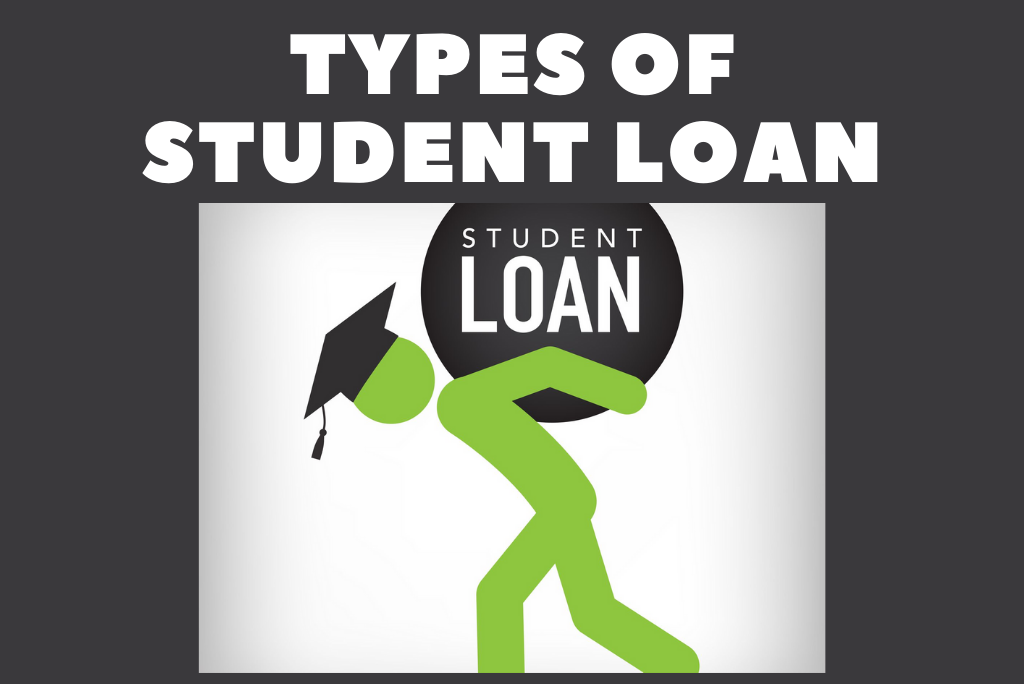Falling Short Of Money For Your Children’s Education? Here Is Everything That You Must Know Before Applying For An Educational Loan

Introduction: Gone are the days where education was cheaper and getting a good job was not competitive while holding a Secondary School Certificate. However, over a period of time education began to be of vital importance and all parents now dream about proving the best possible higher education for their children. With the increasing importance of education, the cost of education also increased making it difficult for the parents to fund the rising cost of their children’s education. Some peep into their lifetime savings, some break their investments, few of them sell their real estate, while few also liquidate their bonds and policies to fund their children’s education. Many of us also must have been regularly investing our money in mutual funds (MFs), fixed deposits (FDs), unit-linked insurance plans (ULIPs), etc., for the long term in order to provide our children with the best possible education. But despite all this, one may still encounter the shortage of funds. Under such circumstances to bridge the gap between the shortfall and the required amount, the educational loan plays a vital role.
Meaning: An Educational loan also referred to as a study loan, is a loan that helps a student to complete his education especially when he or his family is unable to afford it at present. The loan can either be taken by the students or by their parents/guardians and it also covers the other costs of the course such as hostel expenses, exam fees, library charges, cost of books and computers, etc. An educational loan can either be secured as well as unsecured. Secured educational loans require pledging collateral such as property, bonds, FDs, shares, etc to avail the same. Quality education in India may cost up to 25lacs per student, while studying overseas may cost even more than 25lacs per student.
The loan amount, eligibility, rate of interest, processing fees, repayment structures and other loan terms for the education loan will differ from lender to lender Banks & NBFCS.

Bank’s Eligibility Criteria for Education Loan
As stated previously the eligibility criteria for education loan differs from banks to banks & NBFCs, the following can be the few parameters in common.
- The applicant should be a resident of India.
- The age of the applicant during the loan application should fall in the age bracket of 18 – 35years. (At times few banks may also consider the age bracket of 16-35years)
- Students pursuing full-time courses need to have a co-applicant who can either be their parents/guardian or spouse/parent-in-law (in case of married candidates).
- The applicant at the time of application should possess the documents confirming the admission in recognized educational institutes in India or abroad. (Few banks can get the loan sanction even before the admission confirmation.)

Types of Student Loans
- Undergraduate Educational Loan: A loan provided to students who have completed their secondary education and wish to take the undergraduate course of 3 -4 years in various colleges to enhance their job opportunities.
- Graduate/Professional Educational Loan: A loan provided to students who wish to pursue advanced degrees or higher education at colleges overseas.
- Career Education loan: A loan provided to students who wish to attend undergraduate career-oriented programs at trading and technical schools overseas.
- Loans for Parents/Guardians: A loan provided to the parents/guardians of the student to meet the requirement of a child’s educational expenses such as tuition fees, traveling cost, cost of books, exam fees, library fees, etc.
Advantages of Education/Student Loan
- Low-Interest Rates: The interest rates for educational loans are generally low which starts from 10%. However, the rates for unsecured educational loans are higher than the secured educational loan by 2-3%. Generally, banks offer a 0.5% discount on the education loan interest rate to female students pursuing higher education and 1 % concession for the future tenure of the loan. Also, there are government subsidies in India that pay the interest on the education loan during the course studies and later for 6 months after gaining employment.
- Repayment Tenures and Moratorium on Repayments: The loan tenure for educational loans is usually 5-7 years which can be extended to 10 years in certain cases. The repayment starts when the course is completed. The EMIs are scheduled to commence after 6 or 12 months from the date of completion of the course which is referred to as the moratorium period. This flexible repayment option makes it easier for the students and gives relief for these young professionals to pay back the loan themselves when they get employed. Managing loan repayments will impart financial discipline in them.
- Coverage: Education loan also covers the following in additional with the course fees:
- Tuition fees
- Admission fees
- Hostel expenses
- Examination, lab and library fees
- Cost of computers
- Cost of books, uniforms, and other essentials
- Travel expenses and health insurance
- Any refundable fees paid to the institute
This immensely reduces the parents’ financial burden.
- Build Credit History: The timely repayment of the loan EMIs helps in building the child’s credit history which further enhances his ability to access credit facilities or loans in the future.
- Tax Exemption: Under section 80E of the income tax act 1961, the entire interest paid on the education loan qualifies for an income tax deduction. There is no tax benefit available on the principal repayments. This income tax deduction can be claimed for up-to eight years. But if one has to avail the deduction, the following two conditions must be fulfilled–
- The loan must have been taken from a specified financial institution which includes Banks and NBFCs that the Central Government may have specified on this behalf by the notification in the Official Gazette. Loans taken from any other institutions other than these, will not qualify for tax exemption.
- The loan must have been taken only for higher education.
- Provides Savings Protection: Generally, everyone saves money for their uncertain future and for their financial independence post-retirement for their old age. Everyone also wishes these funds remain undisturbed and at the same time to provide better education for their children which is getting costlier day by day. An educational loan, therefore, would obviate the need to disturb the savings & investments thereby preserving one’s financial goals including their retirement plans. With educational loans, no one has to be financially dependent on their children post-retirement.
Why are savings important?
- Not all government and private sector employees are liable for a pension post-retirement.
- Increasing competition raises the question of job security
- To buy a residential house to dwell.
- And importantly gone are the days where an old father and an uneducated grandfather still used to be the head of the family. In today’s educated modern generation/society a father with no money gets sheltered only at the old age homes.
Therefore instead of providing your children with a good education at the cost of your savings, going for an educational loan or a combination of savings + educational loan will safeguard your future and your children as well will learn to take financial responsibility.
Precautions to be taken before applying for Educational Loan
- Score well in the academic: Before approving the educational loan banks make evaluations of the basic parameters such as overall academic excellence of the students, their future course of education and their current admission status. It is therefore important for the students to score well in their academics. Most of the Indian banks offer educational loans at a low-interest rate and flexible terms and conditions to such deserving candidates.
- Evaluate the charges and other loan terms and conditions: Before applying for the educational loan it is important to evaluate the cost of the educational loan, its associated charges along-with the other terms and conditions of the loan such as processing fees, foreclosure conditions, and charges, pre & part payments terms and its charges, etc. The charges and the loan conditions vary from lender banks to banks & non-banking financial institutions.
Loanfasttrack is a Mumbai based loan provider company since 2015 offering loan services especially in Mumbai
- Housing loan in Mumbai
- Mortgage loan in Mumbai
- Personal loan in Mumbai
- Business Loan in Mumbai
- unsecured business loans, home loan transfer, top-up loans, car loans, educational loans, and loan transfers.
Loanfasttrack also helps you to find the best bank for a home loan, to get you an instant loan in Mumbai, instant personal loan in Mumbai & business loan in Mumbai, to get you the lowest home loan rates in Mumbai, makes you qualify for the maximum loan against property eligibility & assured low-interest rates for a loan against property in Mumbai and to get you a low-cost home loan balance transfer.
For more info VISIT US! https://www.loanfasttrack.com/
